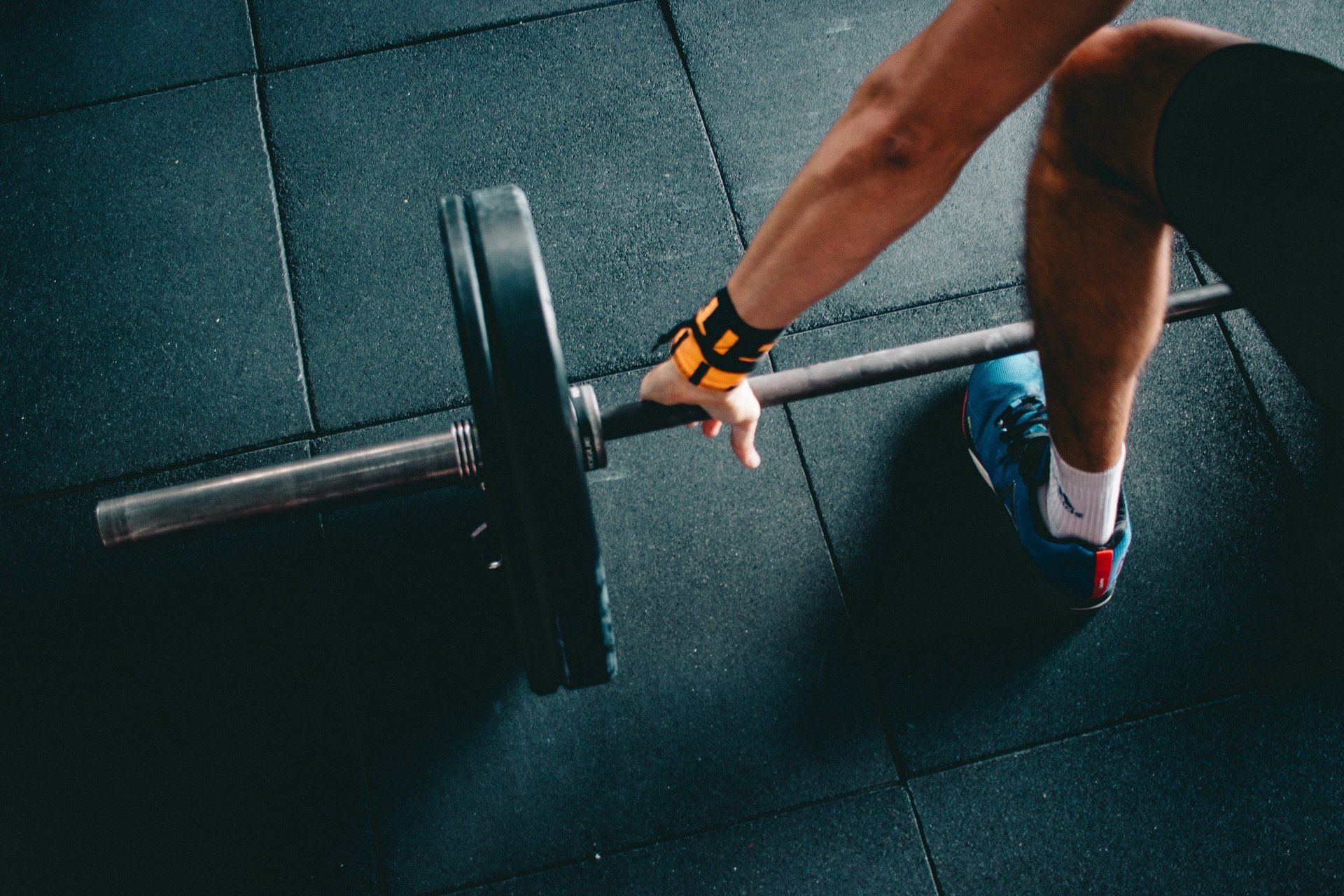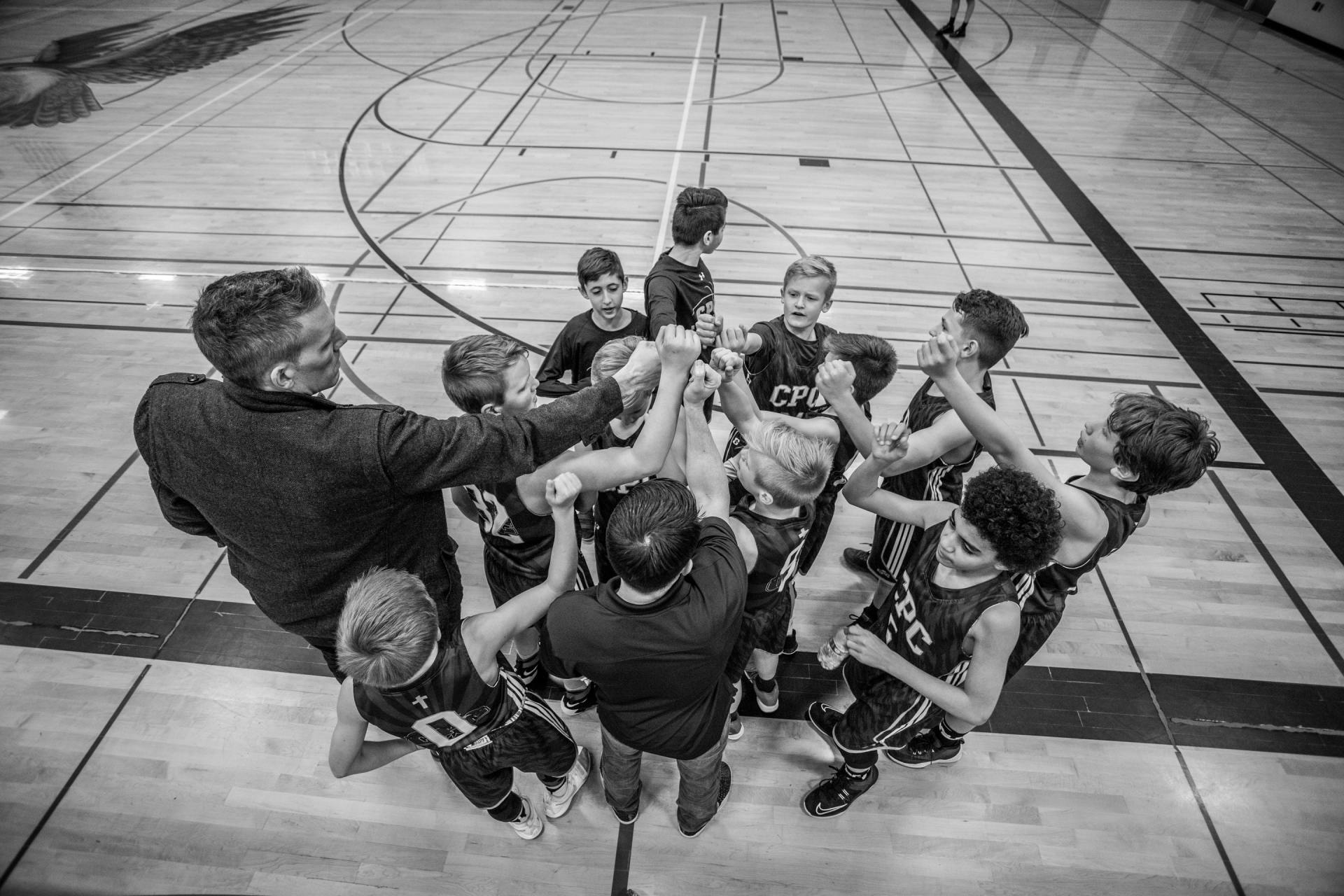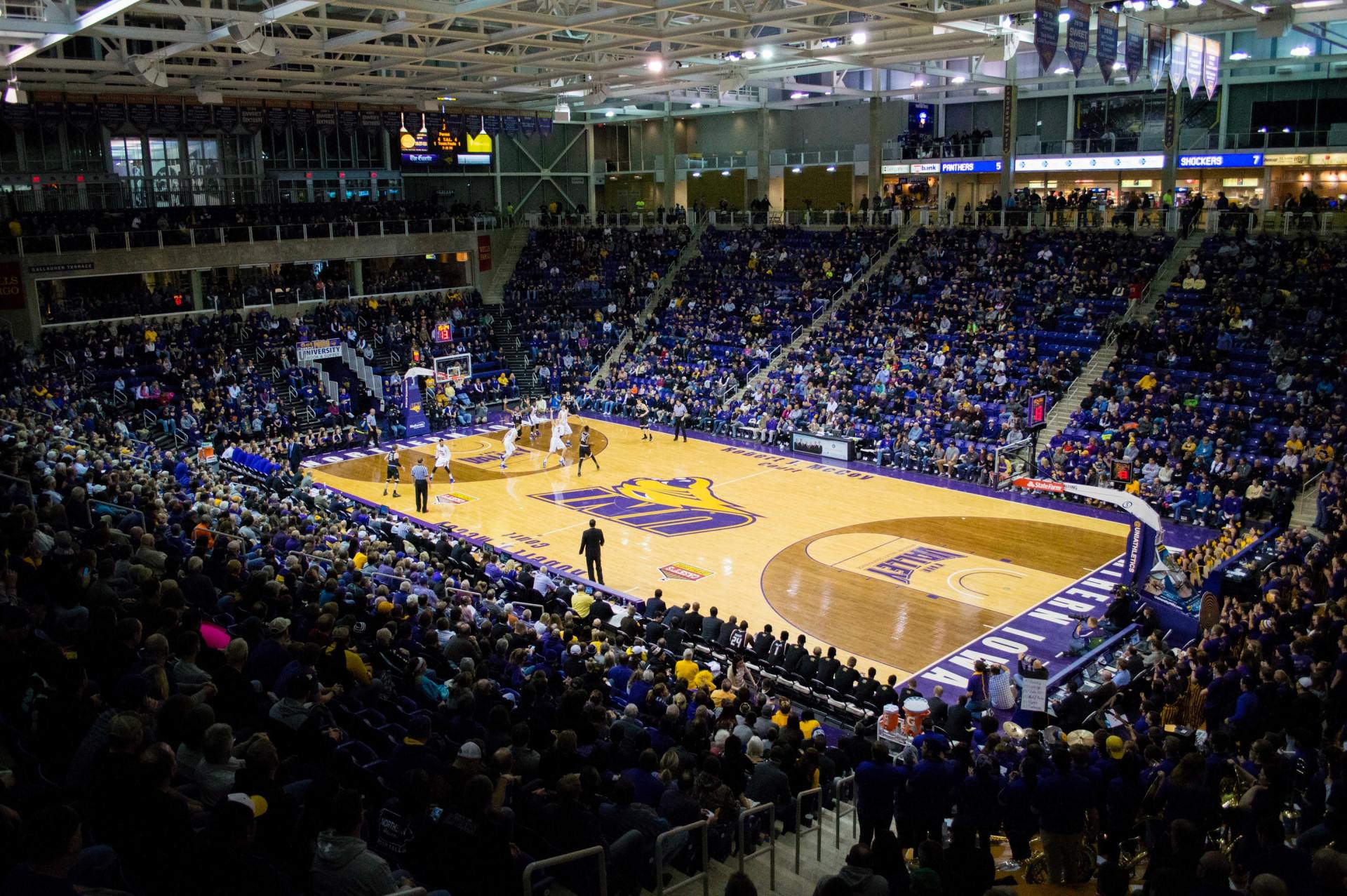The first skill every basketball beginner should learn
April 5, 2021
Most people would suggest that dribbling is the first skill a player should learn. Why? It's the easiest thing to teach and learn. It’s because you can’t move around with the basketball without dribbling the ball. It is the easiest way to put yourself in a position to score. This allows you to maneuver past defenders, initiate the offense, and create for your teammates if you know how to dribble or handle the ball. The good thing about improving your dribbling is that you can do it individually. You will see significant improvements in your ball handling skills even in a short amount of time in practice.
All of these things are very true but should it be the first thing a player should learn?
At A1 Basketball Fitness, we believe the first most important skill beginners should learn is shooting. Like dribbling, you can practice shooting alone. However, if there are fundamental errors to your shot, such as a bad form, it would be best to have someone who can help adjust your shot. Otherwise, you'll either spends hours shooting with bad form or need thousands upon thousands of shots to become a good shooter.
Shot Fundamentals
Knowing the fundamentals of proper shooting will make everything easier. Shooting is the most difficult skill to learn due to all the components and techniques that are involved. Every skill in basketball is required to learn, but the amount of time that should go into shooting surpasses everything.
For every 1 day working on dribbling, you'll need 2 days working on shooting. Teaching beginners dribbling drills becomes a distraction later down the line. Players lose interest in wanting to shoot correctly. Everything becomes score and make a great move on your defender. Teaching young players how to shoot properly from the beginning before ever dribbling allows the game to be taught better.
Floor Spacing
Number one key to a successful offense in this game is floor spacing. Being a shooter will always keep the defense honest.
Having the ability to shoot the ball will always be an asset to any team at any level. Most young players are not comfortable spacing the floor because they’re being taught that the value of a player is the one with the ball in their hands. The ball in your hands is understood to mean you have to automatically dribble.
Shooting is the most important skill in basketball. The fundamental skills of passing, dribbling, defense, and rebounding may enable you to get a high percentage shot, but you must still be able to make the shot. A large part of shooting is mental attitude. In addition to shooting skill, you must have confidence in yourself to shoot well. The integration of the mental and mechanical aspects of shooting fosters shooting success.
Development of an accurate shot forces your defender to play you tight and become vulnerable to a fake, allowing you to pass and drive as well as shoot. If you lack an accurate shot, a defender can play back in anticipation of a drive or a pass and be less susceptible to your fake. When you do not have the ball, your defender can play farther off you and be in better position to give defensive help to a teammate guarding another player. To be successful, a team must have players who can make the outside shot.
Born This Way?
Great shooters are often called pure shooters because they have a smooth, free-flowing shot or a soft touch. Some players think a pure shooter is naturally gifted - born that way. This is a misconception. Great shooters are made, not born.
Pure shooters, such as Steve Nash and Ray Allen, will drive hard around an opponent and then effortlessly pull up for a soft jump shot. They appear to have been born shooters. Their thoughts are not on the mechanics of the shot, but rather on the position and movement of teammates and defenders. Pure Shooters consider faking the shot, delivering a pass, driving for the basket, or reversing direction to pull the ball out and reset the offense. For Steve Nash, Ray Allen and other great shooters, the skill is automatic. But it's automatic because the countless hours spent on perfecting their shot. Like other talented people, pure shooters perform their skills to maximum level without conscious thought. Each was a beginner at one time, however, and each developed into a pure shooter through dedicated practice.
Time to Get to Work
Shooting is a skill you can practice by yourself. Once you understand correct mechanics, all you need is a ball, a basket, and an eagerness to improve. But it is also helpful to practice shooting under game conditions, including the pressure situations that occur late in a game. Practice with a partner providing the defensive pressure of an opponent. Remember that through practice you will develop shooting skill and confidence.
You also can benefit from having a trained observer such as a coach, teacher, or a skilled player watch you shoot and provide corrective feedback. However, most of your shooting practice will occur when a coach or teacher is not present, so learn to analyze your shot's reaction on the rim to reinforce successful execution or reveal shooting errors and its possible causes.
Next Steps
If you'd like to have your shot evaluated and get the guidance every baller needs to improve your shot, contact A1 Basketball today.
~ Coach A1 - Allen Pritchett
You might also like

As with most team sports, there are many components of fitness that are important for success. In basketball, the various fitness components are close in their relative importance. Having a very good aerobic fitness level is a very important attribute, but being very quick and agile is equally important.

While attending youth basketball games there’s a great chance you are witnessing bad basketball. It’s not because the skill level of the players are not supreme but because of much larger-scale issues that have become an epidemic for the game of youth basketball. Before entertaining the idea of how we fix’ youth basketball, we must pin point the compound problems first and then work diligently as coaches and leaders of young men and women to eliminate them. Let’s look at the problems we witness in youth basketball today. Parents Competing With Parents Unfortunately, somewhere in the last few years or more, youth sports has become opposing parents number one battle ground. It’s a Clear cut view that kids became the secondary focus for kids competing with kids. There used to be something so wholesome about watching innocent youth basketball players going up against one another for the love of the game. But parent egos have started to get in the way, and everybody wants their kid to be the best. That includes switching teams all of the time, going to multiple different Basketball trainers , constant yelling at their child, belittling of kids that aren’t as talented, and other completely inappropriate actions that should not be a part of youth sports. As a youth basketball coach , you have to get parent buy-in that you’re putting the kids’ best interests at the forefront of your priorities. Also offering reminders that scholarships are not given out at a nine-year-old’s game can help, too. Ultimately, it’s up to parents to put the power back in their kids’ hands and step away from competing with other parents over whose kid can be better. Too Many Basketball Games Necessary sure, games are a fun way to build and Bridge that competitive nature. Contrarily, too many games is actually hurting basketball. Kids are working on their skillsets less so that they are able to play more. This becomes counter productive to the skill development with our youth. There has to be a equal amount of time to implement both perspectives of a players career. Not only does too many games hinder basketball skill development, it burns the kids out at a much younger age. If kids are playing 75 plus games at the age of 10, it increases the chances of them losing interest in the sport by the time that they’re 11 or 12. Instead, kids need purposeful practices and skill development , along with much-need time off away from the game. As a coach, instead of entering your team into a tournament every weekend, along with a couple league games each week, work to lighten the game schedule and work more on vital skills that are necessary for your players to improve. Too Many Plays Nothing is more irritating to me as someone who wants to see the game grow in a positive direction than watching a youth team go out and have a set to run each time they’re on the offensive side of the ball. By running set-after-set, coaches are turning their players into robots that are learning plays, rather than learning how to play. As a coach, rather than working on new plays and sets, teach your players the vital aspects of good offense, like: Floor balance Dribbling with a purpose Passing Shot selection Screening Cutting It’ll be surprising to how good a offense can be without running sets if players are being taught and drilled on what makes a great offense flawless. Ulterior Motive Coaches If somebody is coaching basketball at the youth level they should be concerned for every players experience, if not coaching youth basketball is not suitable for them. A purpose and need in youth coach is the development of those young players. Help teach the essences of the game while creating the positive experience for each and every player. More times than non we witness coaches that exclude a players experience or they’re coaching specifically to stay hands on with their child. Another perspective which is worse they’re coaching to make themselves feel better. No matter what, a coach can’t play favorites to their child. Coaching should never be about anything outside the development of the kids. The game, especially at the youth level, is about the players and never about the coaches. The number one option is, we need people that value the player experience to step up and be the loudest voices in the room. Eventually, youth leagues needs start forcing coaches to go through a few different certification processes to ensure all coaches have one mind when it comes to the mental and emotional support of our young players. Zone Defense Zone Defenses prevent kids knowing how to play man-to-man. Man-to-man principles should be instilled as the first primary defense. Teams play zone because it’s easier to teach and helps a team guard to secure pointless wins at this level. Of course playing zone defense is going to be effective at the younger levels. Basketball training at the ages 8-12 are strictly on fundamentals. Players are no where close to having the skill sets to properly breakdown zone defenses. Their offense of game is fully-developed. But the point isn’t to try and win more games as a youth basketball coach; or at least it shouldn’t be. Instead, you should be teaching your players how to play defense properly and not forming lazy habits in zone defenses. Teach your players about team defense and the shell defensive principles. Teach them the proper defensive stance and how to play on-ball vs. off-ball defense. Teaching your players those skills is far more valuable to them than teaching them a spot to stand in for a zone defense. Too Competitive Being overly competitive at a early age can be harmful. Youth basketball needs coaches that are willing to not focus on winning at such a young age, and parents that are okay with that. Ideally, I prefer younger kids to learn the fundamentals of skill training and skill development. Basketball workouts and playing in games with their friends for a few months out of the year is vital. Entitlement You don’t have to search the web to see how many entitlement issues there are. Entitlement in youth sports, particularly basketball is the new trend. To my disdain, we’ve created a culture of entitlement where kids think that they are above authority. As parents and coaches, we’ve helped to foster an environment that is okay with this entitlement. Talking hoops and expressing concerns is a topic we can talk about all day. Highlighting these concerns about the game is a need because basketball is a game that we love dearly, and we hate to see it head in the direction it’s going in now, especially at the youth levels. PLEASE understand, I know there are excellent youth organizations and coaches, but they are among the chosen few. As a Basketball community we need to make a positive flip with youth basketball, and it’s going to start with us as coaches, player development coaches, trainers and parents.

First i want you guys to know that i believe in you i believe you have what it takes to really go through the process to become a collegiate basketball player the thing is everybody's not willing to pay the price the best way to predict the future is by creating it that takes consistency most players say they want to be a college basketball player but do you really so are you ready for the secret it takes three to five hours of daily commitment every day of putting in tools that will go into your bag that will help reduce the opportunity for you to be a college basketball player.





